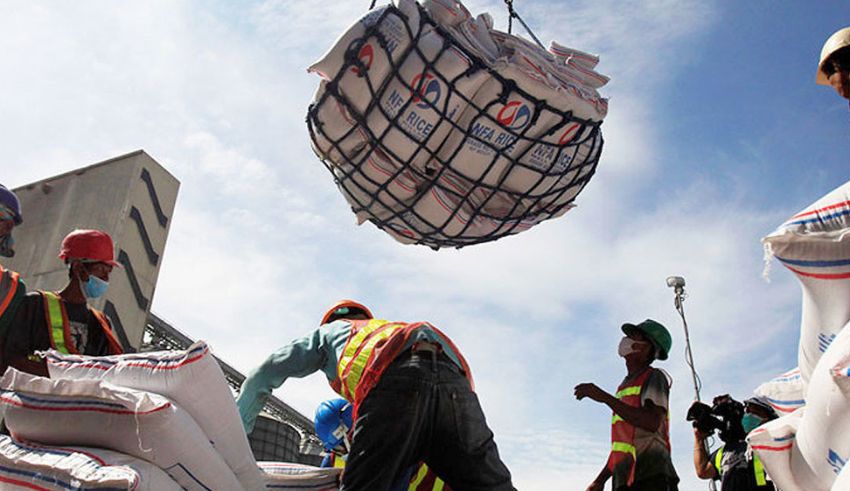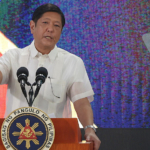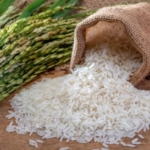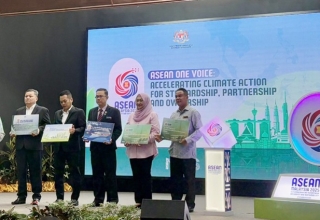
Philippine officials are thinking of extending the lower import tariffs on rice, corn, and pig past 2023 in response to the country’s continuously high inflation rates and supply-side difficulties. The existing reduced taxes, which will end this year, were implemented in 2021 to reduce inflationary pressure. However, officials are considering keeping the levies in place to mitigate inflationary pressures due to expected restrictions on rice shipments from Vietnam, the nation’s leading supplier, and the effect of El Nino dry weather on local harvests.
Benjamin Diokno, the finance secretary, announced that a thorough evaluation of tariffs is being conducted, including items that may serve as an inflationary catalyst. In contrast to the previous range of 40%–50%, the updated plan implemented in 2021 reduced tariffs on rice imports from outside of Southeast Asia to 35%, corresponding with the rate for suppliers inside the region, including Vietnam.
Keep Reading
The annual headline inflation rate fell somewhat in July to 4.7%, but it was still higher than the official target range of 2% to 4%. Additionally, food inflation dropped to 6.3%. Being one of the top rice consumers in the world, the Philippines is pushing private traders to increase imports. However, given that additional consumers are looking to import from Vietnam, supply issues from that country are raised.
The administration is accelerating preparations to lessen the effects of El Nino on agricultural production and food security. By taking such steps, the central bank will feel less pressure to raise interest rates again. Eli Remolona, the governor of the Bangko Sentral ng Pilipinas (BSP), supported this strategy, demonstrating the BSP’s preparedness to resume tightening monetary policy to combat price concerns.
The Philippines is faced with balancing economic stability and food security as long as inflation remains over the target. It may be possible to decrease inflationary pressures brought on by challenges supply-side by extending reduced import duties on rice and other goods. To lessen the effects of El Nino and maintain price stability, the government has accelerated measures and encouraged private traders to import rice. The BSP’s willingness to modify monetary policy highlights how crucial it is to control inflation while promoting economic growth.


























